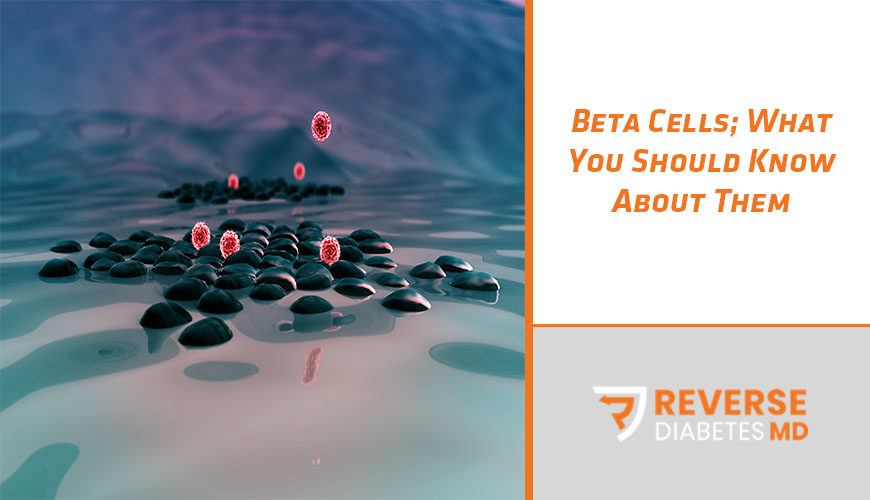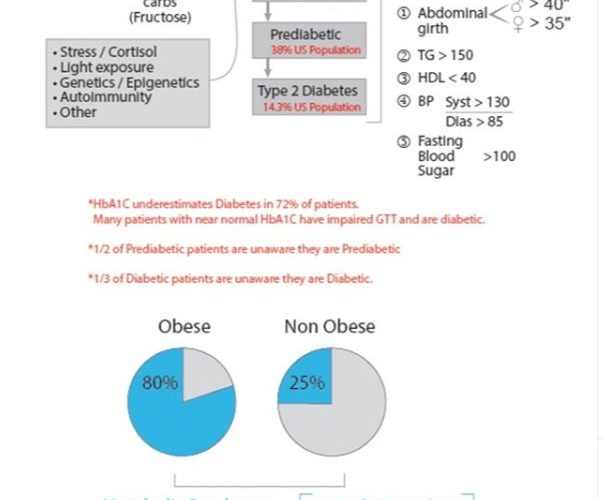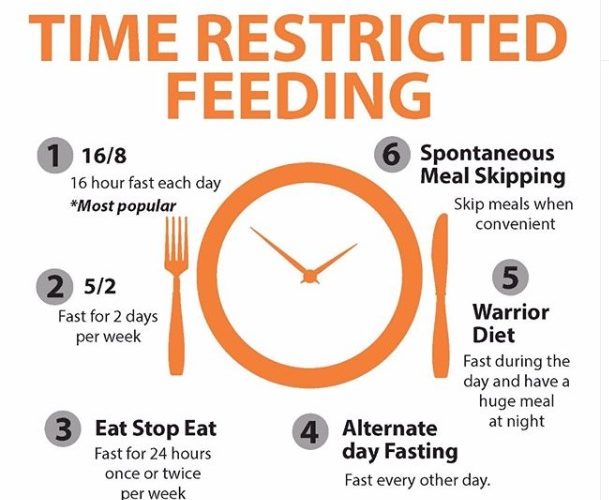Type 2 Diabetes and The Carnivore Diet

The carnivore diet for diabetes management presents both promise and controversy. Just like most popular diets, many embark on it expecting radical change without putting in much effort. Unfortunately, the carnivore diet obeys the law of the jungle as aptly put by Rudyard Kipling; “and the wolf that shall keep it may prosper, but the […]
Achieving Success With Diabetes Remission

Many people living with diabetes often wonder if diabetes remission is a possibility for them. Well, for most people, this is an achievable goal. If you are lucky enough you can go for years without taking any diabetes medication but still maintain normal sugar levels if you are willing to put in the hard work. […]
Beta Cells; What You Should Know About Them

The pancreas is an exocrine gland that produces two key hormones involved in the regulation of blood sugar: Insulin and Glucagon. Beta cells are distinctive cells within the pancreas that are responsible for the production of insulin. Why should you know about beta cells? Beta cells are linked to diabetes which is a disease of insulin resistance. […]
When Fat Becomes more than Fat

Fat is more than an issue of appearance. Fat can lead to multiple chronic illnesses, and obesity is by far the greatest risk factor contributing to the burden of chronic diseases in the U.S. Obesity increases insulin resistance, blood pressure, LDL cholesterol, and triglycerides. Further, obesity lowers HDL cholesterol and places the body in a […]
Metabolic Syndrome

Metabolic syndrome is an early indicator of diabetes even among people of normal weight, and it’s important to take steps to prevent and treat it. During the early phase of metabolic syndrome, the body is compensating for insulin resistance by increasing insulin production to maintain near-normal blood glucose levels. However, when the pancreas and liver […]
Time-Restricted Feeding

Time-restricted feeding can reduce high insulin levels, which can reverse type 2 diabetes. It’s important to understand some facts about insulin and how it works. First, insulin is fat storage and a growth hormone. It reduces circulating glucose by converting it to glycogen storage first, which then overflows to fat storage. Eating carbohydrates causes insulin […]
